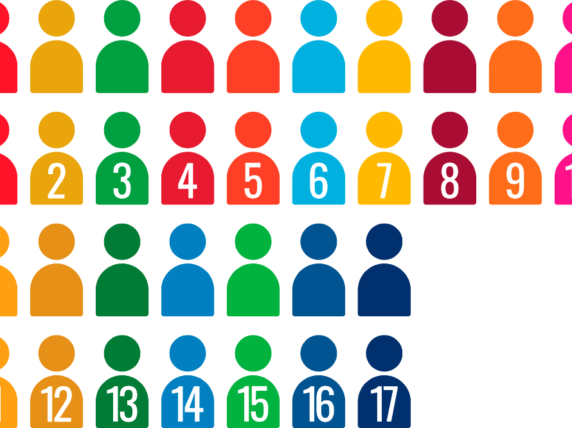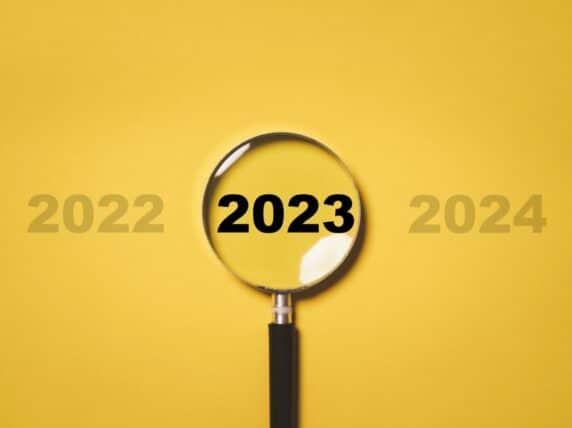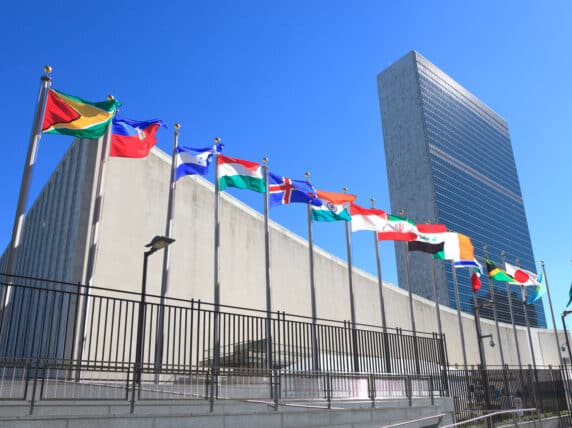Sustainable economic development and the SDGs in 2021
Sustainable Development Goals
More than two years have passed since the UK government presented its Voluntary National Review (VNR) of the Sustainable Development Goals to the UN High-Level Political Forum (HLPF).
Despite continued pressure from Bond and our members, the government has made no progress to establish a multi-stakeholder engagement mechanism to lead on setting targets, developing guidelines and reviewing progress of SDG implementation. In 2022 we hope to see the government take urgent steps to fulfil the commitments made in 2019.
This year we have seen some promising language from the government on its commitment to the SDGs, notably in the Integrated Review. However, unless this is backed up by a concrete and coherent plan on how the UK will support SDG implementation in its international policy, including but not limited to ODA, these words remain at risk of ringing hollow. There has also been a concerning lack of attention paid by the government to deliver on its promise to “leave no one behind”. We hope to see the “leave no one behind” agenda at the heart of the FCDO and the new International Development Strategy, due to be published early next year.
An area we have seen welcome progress on is the alignment of the UK’s planning framework to SDG targets, with the publication of the government’s Outcome Delivery Plans (ODPs). These plans signal a significant improvement on the old Single Departmental Plans (SDPs), with government departments mapping their priorities to SDG targets, rather than Goals, something that the Bond SDG Group has been calling for since the UK signed up to the 2030 Agenda in 2015.
Subscribe to our newsletter
Our weekly email newsletter, Network News, is an indispensable weekly digest of the latest updates on funding, jobs, resources, news and learning opportunities in the international development sector.
Get Network NewsHowever, there is still much room for improvement. Critically, the government missed an opportunity by not establishing an inclusive and participatory process made up of diverse multi-stakeholder group to help inform and develop the plans. We hope that a stakeholder engagement process is established urgently to evaluate and identify gaps, adapt policies, and target areas where further progress is needed, to ensure no one is left behind.
The challenges faced by the sector in recent years – the merger of DFID and the FCO, the pandemic, and the UK aid cuts – have had serious implications for the world’s most marginalised communities and for the achievement of the SDGs. Next year we hope to analyse the impact of these seismic changes, working with members to gather evidence and identify clear recommendations for how the UK government should support and enable progress towards the SDGs internationally. For more information or to get involved with this project, join the Bond SDG Group.
Sustainable economic development
The Covid-19 crisis continues to exacerbate existing social and economic problems, making it more urgent than ever to address more systemic causes of poverty, inequality and the power dynamics inherent in development.
At least 100 million people have been pushed into extreme poverty due to the pandemic, reaching about 711 million in total in 2021. Debt burden of the world’s low-income countries rose 12% to a record $860 billion in 2020. A third of South Africans are unemployed as jobs are cut in all sectors except finance. Child labour has risen to 160 million worldwide, which is the first increase in last two decades. Women worldwide have been impacted severely by the pandemic-related recession due to increasing unemployment, unpaid work and pay cuts – effectively undoing any progress on women economic empowerment.
Despite the wealth of political commitments made by G7 and G20 at COP26, and by the UN, and trillions of dollars spent on trying to support countries to recover from the impact of the pandemic, there is a lack of urgency and real political leadership in taking bold actions to address the economic and social challenges to ensure we “leave no one behind”.
Instead, the G7 agreed a global tax deal introducing a minimum corporate tax rate despite concerns raised by civil society across the African continent and worldwide that this will reduce already insufficient tax income and negatively impact the ability of African countries to deliver essential public goods.
The pandemic underlined how important it is to have a fully functioning system of global public goods acting as a backbone of resilient and sustainable economies, yet we are in the middle of “vaccine apartheid” denying life-saving vaccines to hundreds of millions of people in lower-income countries.
Here in the UK, the CDC, the UK’s development finance institution, is changing its name to British International Investment (BII) – turning away from poverty reduction and development as its primary objective, towards generating profitable investments via the private sector and with Britain’s interests in mind, though still using ODA and its own ODA-based profits. This demonstrates a broader worrying change in terms of how economic development is understood and approached in policymaking by the new FCDO.
In 2022 we intend to do a deep-dive into the concept of sustainable economic development focusing on the key principles and ensuring there is a shared understanding of what sustainable economic development should look like in the policy-making arena.
The UK’s new International Development Strategy will act as a litmus test of UK’s commitment to genuine policy coherence intended to get the best outcomes for some of the most marginalised communities around the world. This will be the basis of our engagement with the government to ensure that “sustainability” is not an empty word but a fully embedded, concrete, measurable concept at the centre of international economic development policy-making.
Category
News & Views



